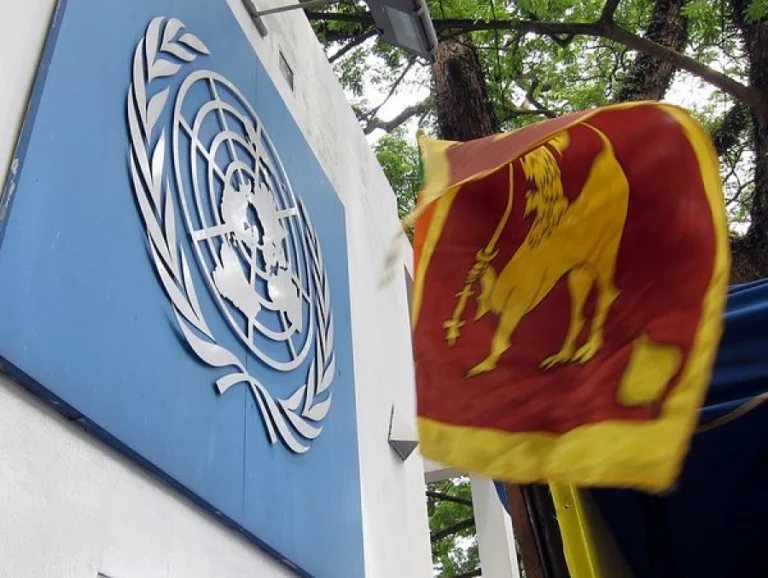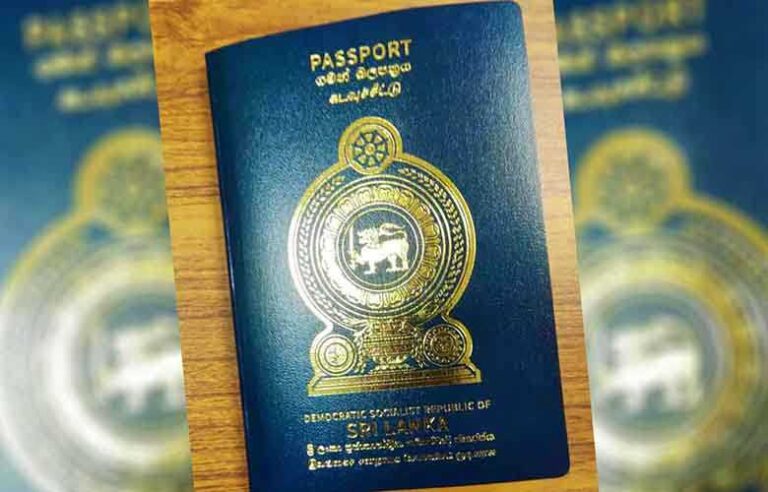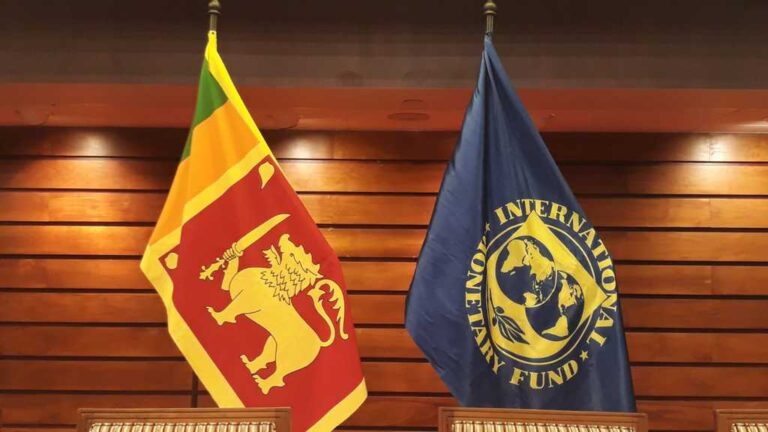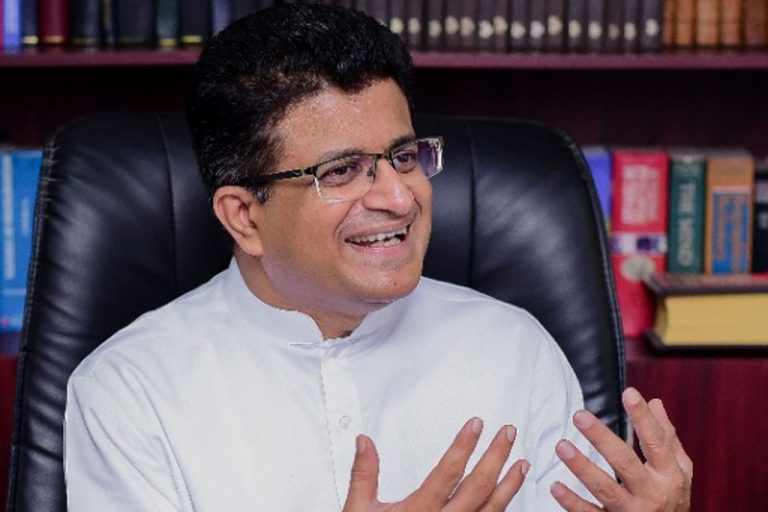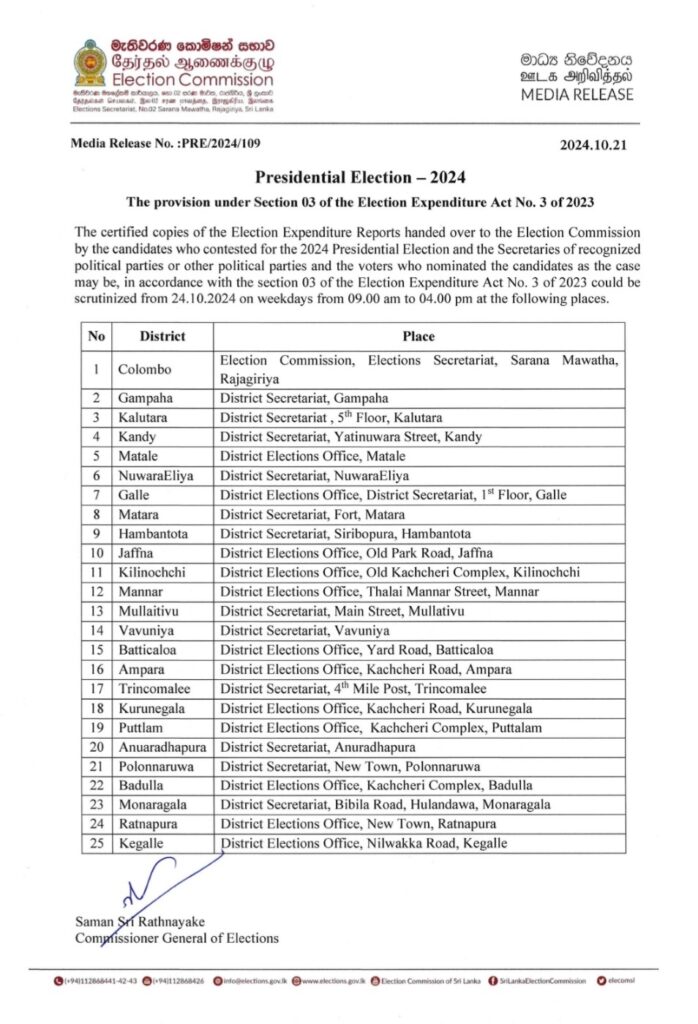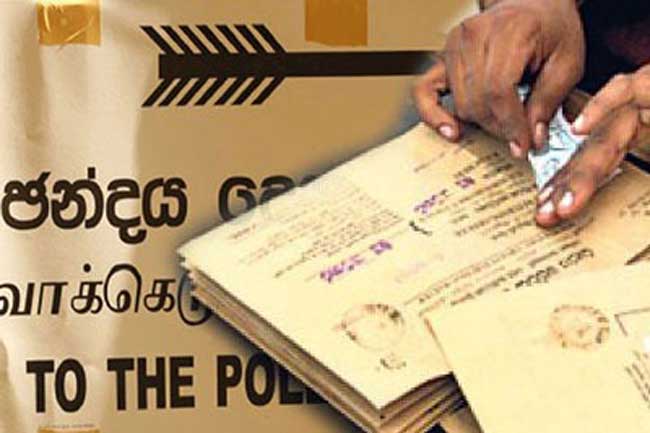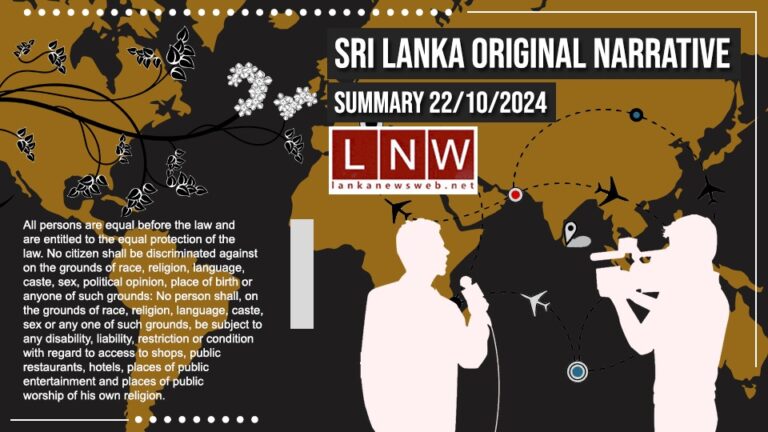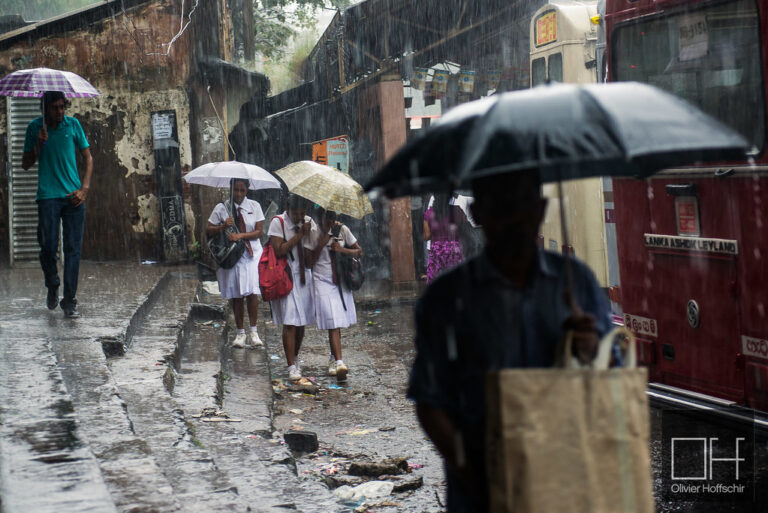By: Isuru Parakrama
October 22, Colombo (LNW): The Ministry of Foreign Affairs has firmly dismissed media claims suggesting that Sri Lanka refrained from backing a joint statement in support of the United Nations Secretary General, following Israel’s decision to designate him “persona non grata.”
In an official statement released on Monday (21), the Ministry clarified that it had formally expressed its intent to be a signatory to the letter supporting the Secretary General.
This was communicated via a Note Verbale, dated October 11, 2024, to the Permanent Mission of Chile in New York, which coordinated the joint letter.
The Ministry reiterated Sri Lanka’s consistent advocacy for the Palestinian cause, emphasising the nation’s long-standing solidarity with the Palestinian people.
Sri Lanka has frequently raised concerns about the severe humanitarian crisis unfolding in Gaza and has consistently backed calls for an immediate ceasefire in international forums.
The statement also underscored the country’s continued support for vital humanitarian efforts in the Occupied Palestinian Territories, particularly through its contributions to the UN Relief and Works Agency for Palestine Refugees in the Near East (UNRWA).
Furthermore, Sri Lanka condemned a recent attack on UNIFIL headquarters in Naqoura, South Lebanon, where two Sri Lankan peacekeepers were injured, stressing the importance of safeguarding UN personnel and facilities.
Foreign Minister Vijitha Herath, addressing the diplomatic corps in Colombo on October 14, highlighted the global responsibility to ensure the security of UN staff and the inviolability of UN premises.
He emphasised Sri Lanka’s role as the Chair of the UN Special Committee to Investigate Israeli Practices, established in 1968, which monitors human rights issues concerning Palestinians and other Arab populations in the Occupied Territories.
In light of these commitments, Sri Lanka confirmed its full support for the joint letter, defending both the UN Secretary General and the broader UN mandate in the face of recent criticisms.


